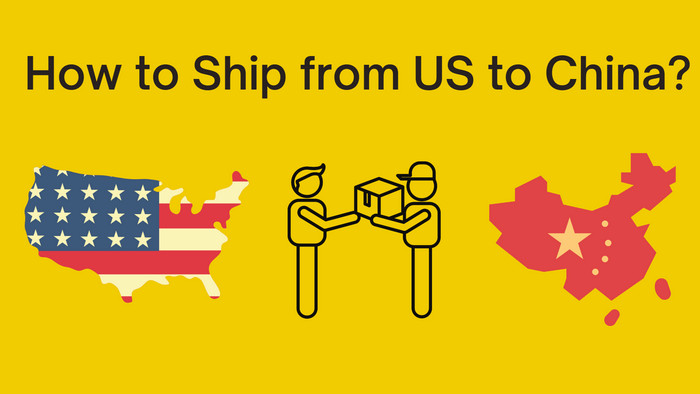Insurance includes financial insurance, travel insurance, and even shipping insurance. So, what are the types of commercial shipping insurance? How do these insurances and related risk responsibilities calculate?
Traditional shipping insurance mainly includes cargo insurance, ship insurance, and P&I insurance. Now the extended insurance includes marine liability insurance, logistics liability insurance, and terminal operation liability insurance.
In this post, let’s discuss the benefits and coverage of freight insurance, ship insurance, and P&I(protection and indemnity) insurance. These 3 types of commercial shipping insurance are important to your business.
1. Freight Insurance
Freight insurance is cargo transportation insurance, which uses various goods as insurance during transportation. The underwriting methods of the cargo transportation insurance business are generally divided into direct business and agency business.
Direct business refers to the underwriting method. The insurance company directly accepts the insurance applicant's insurance and directly concludes the insurance contract. According to different insurance contracts, direct business is divided into one-by-one signing business and pre-appointment unified insurance business.
Agency business means that the insurer entrusts an agency to handle insurance business on its behalf. The agency business of freight insurance is generally only handled by the agency on behalf of the insurer to complete the contract signing business. If the goods are damaged in transit, they can be compensated, and the insurance company must insure them.
Due to different price terms, the insured party may be the seller or the buyer. Due to the different types of insurance, the insurance rates are different, and the scope of compensation is also different. Therefore, foreign trade companies should decide which type of insurance is more reasonable based on relevant factors such as the nature of the exported goods, the different means of transportation, the distance of the journey, the changes in seasonal weather, and the specific conditions of the country at the time of arrival.
2. Ship Insurance
Ship insurance is based on various types of ships as the subject of insurance, covering all or part of the losses and possible liability compensation caused by natural disasters and accidents when sailing or berthing in the port.
Ship insurance adopts a term insurance policy or a voyage insurance policy. Its characteristic is that the insurance liability is only limited to the water. This is different from cargo transportation insurance which can extend the liability to a certain inland warehouse.
3. Protection and Indemnity Insurance (P&I)
P&I is the abbreviation of Protection and Indemnity Insurance. It is insurance that ensures the liability risks that the shipowner should bear in the operation of the shipping business but does not include the ship insurance coverage. The subject matter of P&I insurance is the liability risk of the shipowner. Therefore, as far as the attribute is concerned, it belongs to the category of liability insurance, which is different from ship insurance, whose attribute is mainly property insurance.
As a supplement to ship insurance, it meets the objective needs of shipowners in the operating ship business and enriches the content of marine insurance. The insurance company handles the P&I insurance business, but the P&I Club is organized voluntarily by the shipowner. Ship protection and indemnity insurance occupy a very important position in the international marine insurance market. With the development of ship insurance and reinsurance business, ship protection and indemnity insurance play an increasingly important role.
Here is a video covering the details of marine insurance.
Conclusion
Freight insurance is cargo transportation insurance, which uses various goods as the subject of insurance during transportation. If the goods are damaged in transit, they can be compensated, and they must be insured by the insurance company.
Ship insurance is based on various types of ships as the subject of insurance, covering all or part of the losses and possible liability compensation caused by natural disasters and accidents when they are sailing or berthing in the port. Ship insurance adopts a term insurance policy or a voyage insurance policy. Its characteristic is that the insurance liability is only limited to the water.
This is different from cargo transportation insurance which can extend the liability to a certain inland warehouse. Understanding the relevant introductions of the above types of shipping insurance will help individuals or units insuring shipping insurance to effectively insure, and further promote the healthy and orderly development of my country's shipping industry.


![Top 11 Best Logistics Companies In Australia For Business [2022]- KeyDelivery](https://www.kd100.com/blogfile/img/best-logistics-courier-companies-in-australia.jpg)
![10 Best Courier Companies In Abu Dhabi [Ecommerce Hacks 2022]](https://www.kd100.com/blogfile/img/best-courier-service-in-abu-dhabi-dubai-uae.jpg)
